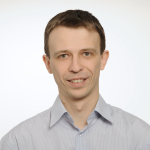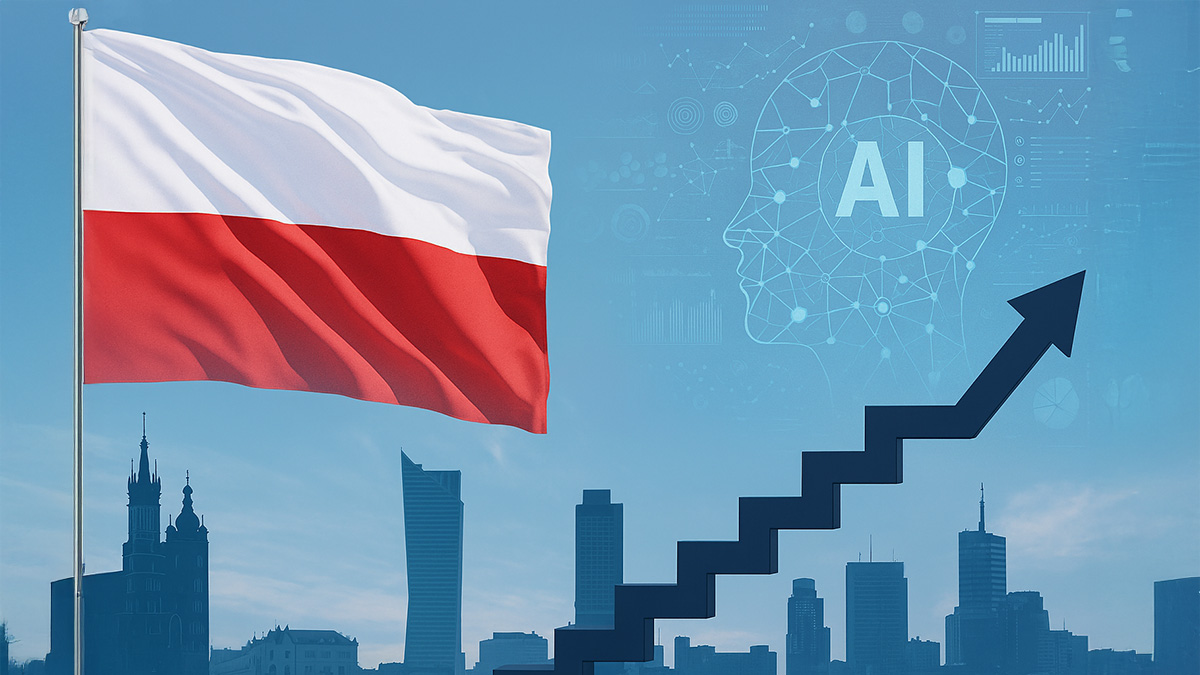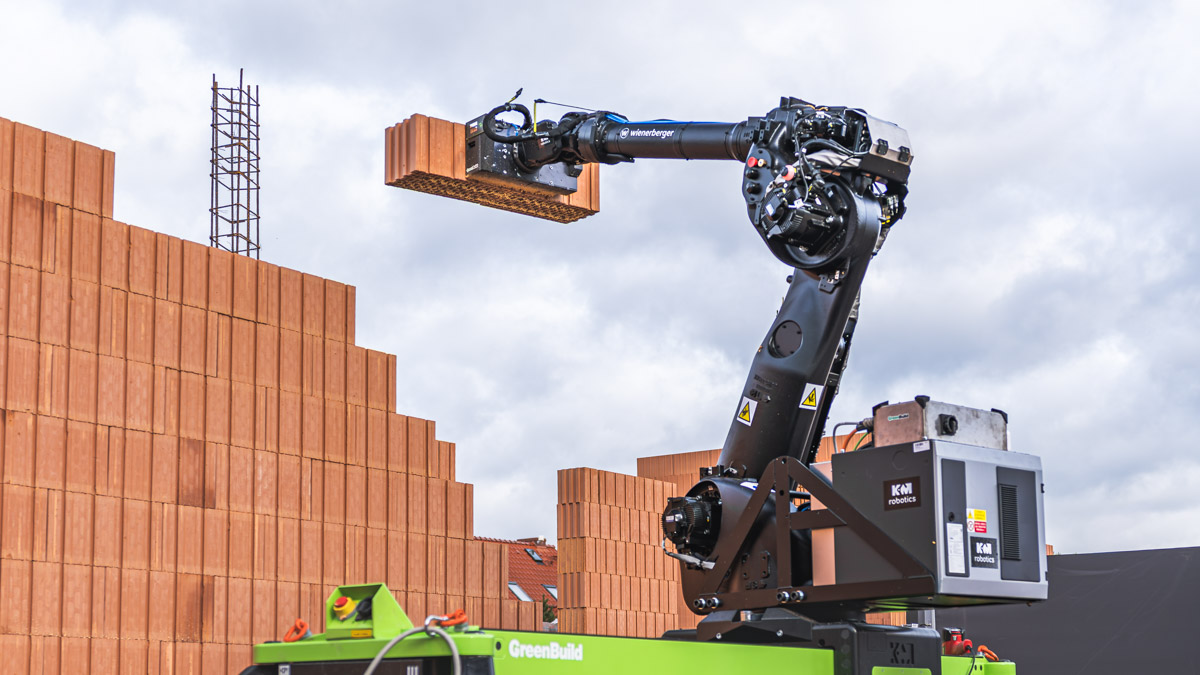Piotr and Maciej recently discussed big data activities of IQVIA’s Real World & Analytics solutions and what the company does with real-world healthcare data. Here is a transcript of that interview and the duo’s in-depth explanation of using big data to drive healthcare forward.
IQVIA is referred to as “The Human Data Science Company”. What does this mean for you, how do you understand it?

Piotr: The term “human data science” is quite new, even to us. It refers to a combination of research on humans, their physiology, behavior (and) well-being and computer-based data analysis using statistics or machine learning.
Almost every second of our life, we generate enormous amounts of data, including information about our well-being (blood pressure/oxygen saturation/breath), medications taken, treatments taken, kilometers traveled, our eating patterns, habits and forms of spending free time. Each of these events has a potential impact on our health — the current one, but more importantly the future one. For hundreds of years, men have been formulating theses about a healthy lifestyle or methods of treating specific ailments. Thanks to modern technology, we have the opportunity not only to support these theses with numbers, but also to discover some additional, previously unknown dependencies based on the collected data.

Maciej: This slogan also reflects where our main competencies and strengths are. We help clients and (indirectly) patients by creating solutions based on data science — finding dependencies, drawing conclusions and predicting events based on data. In our case, we collect and analyze data about a person — a patient or a potential patient. Many of our solutions prevent a potential patient (someone at risk of a complication or disease) from becoming an actual patient.
In other words, we have the human aspect and the data aspect, but the term “data science” also has a very technical connotation as an engineering field. We are a company focused on a specific domain, but we are also technological at our core!
What does the Real World Solutions department do?
Piotr: The RWS department is collecting medical data to support formulated theses or generating new insights based on these data. From clinical trials, through surveys, sales information, information about visits to medical facilities, data on adverse drug reactions, claims with insurers, to the analysis of messages from social networks or data collected by wearables, all this information is carefully processed in terms of privacy (risk of identifying a single person, data loss), consistency (within the set, between sets, but also between data providers) and quality (elimination of outliers, filling gaps in data). The data prepared this way is stored in a form that ensures efficient reporting or delivery to the client.
Maciej: Next, we take the data that we call “analytically ready data” and use it for analytics. From simple data extracts, through interactive data exploration business-intelligence style, to dedicated analytical applications that allow you to build the so-called cohorts (groups of patients whose medical history meets certain, often very complex, criteria) and run advanced statistical and machine learning models on them. We also create applications closer to real time, which, for example, analyze the results of patient examinations and raise an alert if they discover a threat of an adverse event.
These applications are available in SaaS mode, but we also work with clients, building dedicated models for them addressing very specific cases.
We also work with clients to help them process their data into a form in which they can be part of intercenter research networks, such as EHDEN [European Health Data & Evidence Network] or OHDSI [Observational Health Data Sciences and Informatics].
You mainly deal with medical data analytics. What is the main goal of your work?
Piotr: We are part of a global organization, and we implement international projects. We employ people with different levels of experience and specializations — developers, testers, architects, scrum masters, product-owners, people-managers. The Polish part of our team (about 100 people in Poland, in Warsaw or remotely) focuses on creating an application ecosystem in the big data area, the so-called Data Factory, which is used to process “dirty” data from the world (real-world data) and create clean, homogeneous, statistically correct datasets from it.
Maciej: I would like to clarify that we are not dealing strictly with analytics, but with creating tools and platforms that allow us to do such analytics quickly, efficiently and repeatedly. What is an important element of our solutions is that they must be scalable — they should be fit to use in many countries, for data coming from different sources and for different purposes. It is a real art and a big challenge to design and build systems that meet today’s needs and can be easily extended to cases that we do not know yet.









